BestCodingBootcamps.com helps take the guesswork out of finding a coding bootcamp to launch the next phase of your career. We compiled qualitative and quantitative research of over 200+ bootcamps and designed a meta score to assess (which we will continually refresh) the various student reviews published on several websites analyzing those bootcamps that specialize in front end development, back end development, full stack development, UX/UI, and data science.
We believe that bootcamp data should be scrutinized and reported with transparency. Arming a prospective coding student with the accurate data, admissions considerations, and self-assessments prior to being matched with a coding school will lead to better graduation outcomes.
We’re in an unprecedented time for growth in the tech sector and believe that a software engineer fluent in the right coding language(s) is at a distinct advantage over the next decade.
The Increasing Demand for a Software Developer
Let’s start with the billion dollar question: What’s driving this seemingly insatiable demand for a software developer? A record-breaking flood of venture capital money for starters. Despite a global pandemic that shuttered thousands of brick-and-mortar stores, technology startups fared quite well. Axios (via Crunchbase) reported that global venture funding hit an all-time high of $288 billion invested in the first of 2021 alone. In order to meet product growth targets at those companies, internal recruiters need to bring on the type of software engineer who understands more than one programming language and whose coding skill is well-developed. This makes sense: If the market competition is fierce and budgets are limited, why not recruit a full stack coding bootcamp grad who’s spent the last 4-6 months fully immersed in software development?
Then there’s the global adoption of cloud technologies. With the entire world adjusting to a fully remote or hybrid setup in 2020, it’s no wonder that demand for tech skills is through the roof. In LinkedIn’s list of the Top 15 Job Opportunities in the highest demand, many of the careers listed are in roles that facilitate day-to-day business communications. Those scaled up during the pandemic and are a potential target of the aspiring coding bootcamp graduate. The top job titles for these specialized engineers are almost identical to the skills being taught in these 16-20 week immersive courses: full stack engineer, front end developer, and web developer.
As more money is invested in the cloud, it may also be driving demand for data science professionals as well. The same LinkedIn report showed nearly a 50% increase in data science roles in a year spanning from 2019-2020. The highest growing roles as a data scientist, data science specialist, and data management analyst are averaging six-figure salaries. That’s the strength of the demand for programmers who can deliver business insights quickly.
Characteristics of the Best Coding Bootcamps
So the demand for a software developer with premiere coding skills is there. But what makes the best experience for a student? In our qualitative research with software engineers, web developers, and data science professionals (of varying abilities) pursuing a programming bootcamp, we’ve researched what made them choose the best coding bootcamp.
Structured learning environments with other students. Holding yourself accountable is difficult for many learners in a distracting world. Not only are you carving out your own programming curriculum, but you also don’t have other programming students motivating you when faced with a difficult problem set or holding you accountable.
Costs are less than a four-year degree program. Many aspiring software engineers review cost and testimonials (word-of-mouth referrals from boot camp grads) as a key reason for why they’re choosing a coding bootcamp. On average, a six-month coding bootcamp can be completed eight times faster and cost far less than a four-year computer science bachelor’s degree. However, this makes choosing a reputable online coding bootcamp incredibly important, as their university degree counterparts are “vetted and accredited” each year. Couple these benefits with flexible payment options, income-share agreements, and post-graduation job guarantees, and bootcamps look more and more attractive to a generation of students whose undergraduate tuition tripled over a 20-year period.
Programming bootcamp alumni network. Alumni networks are always great resources to tap into, but as you advance in your career less and less people take advantage of them. We see the strengths and weaknesses of alumni networks in coding bootcamps similar to any other alumni network: Your individual ability to network will be key to making it work for you. Many coding bootcamps advertise big alumni numbers to entice applicants, but your ability to develop relationships with other students in an online coding bootcamp is fundamental.
Flexibility of learning in a full and part-time bootcamp curriculum. Coding bootcamps offer learning flexibility for two reasons. First, everyone learns differently. This is true regardless of whether the subject is liberal arts or logic-driven subjects like coding, data science, or database management. Second, your individual circumstance plays a substantial role in deciding whether to choose a full-time coding bootcamp or keep a full-time job while you complete a part-time coding bootcamp at a reduced pace.
Spending the next 16-20 weeks in a coding school will be that much better if you take advantage of the benefits above.
Featured Online Coding Bootcamps
Choosing the Best Coding Bootcamps
We believe that choosing the best coding bootcamp doesn’t have to be hard, but you have to ask the right questions.
Are you allotting the right amount of time to complete your program? NerdWallet reported that a full-time bootcamp can take 15 weeks to complete on average but varies depending on the school. If a part-time boot camp is also something you’re considering, you’ll need to weigh the benefits of completing a course sooner vs. spreading the classwork out a bit more.
Being able to take inventory of your availability, strengths and learning challenges will help prepare you for the coding bootcamp and be a huge help to your decision what bootcamps to choose and what disciplines to specialize in.
Does the bootcamp use verified data to report outcomes? One of the biggest challenges for a student enrolling in a coding school is estimating their return on investment. You’d naturally want the time and money spent training to be a full stack software developer (for example) and learning a difficult programming language to pay off in the form of a higher salary or better job. A ton of research on traditional four-year undergraduate programs exists (U.S. News Rankings, Princeton Review, etc.), but a lot more independent verification for claims made by a coding bootcamp needs to be performed. Fortunately, some bootcamp providers are starting to take a proactive approach to reporting their data. To better back up their claims, a more reputable bootcamp would contract with a third-party to perform an audit of their students’ outcomes. This audit would cover questions like:
- What percentage of students graduate and of those who graduate, did they complete the program on the recommended timeline?
- Does the typical student secure a coding job in the field within six months of graduating?
- What percentage of students take advantage of job placement services?
- What percentage of students don’t take advantage of job placement, and would this have an impact on the success in finding a job?
- What is the average salary of a bootcamp graduate who accepts a position in the field after graduation?
Holding themselves accountable is smart. Many bootcamp students leave reviews on User Generated Reviews websites (e.g. Course Report, Switch Up, and Career Karma) as well as on local reviews websites (e.g. Google and Yelp) and social media platforms such as Reddit detailing their total experience. In that vein, a coding bootcamp understands how important it is to ensure a student’s expectations and the claims they make closely line up. They believe a third-party audit shows they’re willing to disclose their job data to their classes. (Though an attentive eye should be paid to the questions the auditor asks the students and everything in fine print.)
We also highly recommend the bi-annual report from the Council on Integrity and Results Reporting (CIRR), a non-profit organization providing a standard for measuring the job placement claims made by these bootcamps, as well as verify the salary information of recent graduates.
What does the bootcamp do to prepare you for the real world? A reputable coding bootcamp is highly invested in placing students in jobs they’re both qualified for and that they enjoy doing. In order to prepare the student for life after becoming a bootcamp grad, schools often set a student up with a mentor or training coach to help draft a resume and provide tips for interviews.
For example, Coding Dojo advertises lifetime access to their career services. Students that enroll in Coding Dojo gain access to interview prep materials, mock interviews, and job search assistance.
Get Matched to a Coding Bootcamp
Best Coding Bootcamps currently allows you to filter and discover bootcamps by location, learning environment, attendance, and disciplines. Soon we will expand the filtering so that you can discover bootcamps by cost of attendance, financing availability, curriculum and technologies taught, student outcomes (e.g. job placements, starting salaries), our meta reviews, and lots more. Get matched to the right programming bootcamp for you.
Are coding bootcamps worth it?
Explore the salaries, benefits, lengths, and curriculums of locking in your spot early.


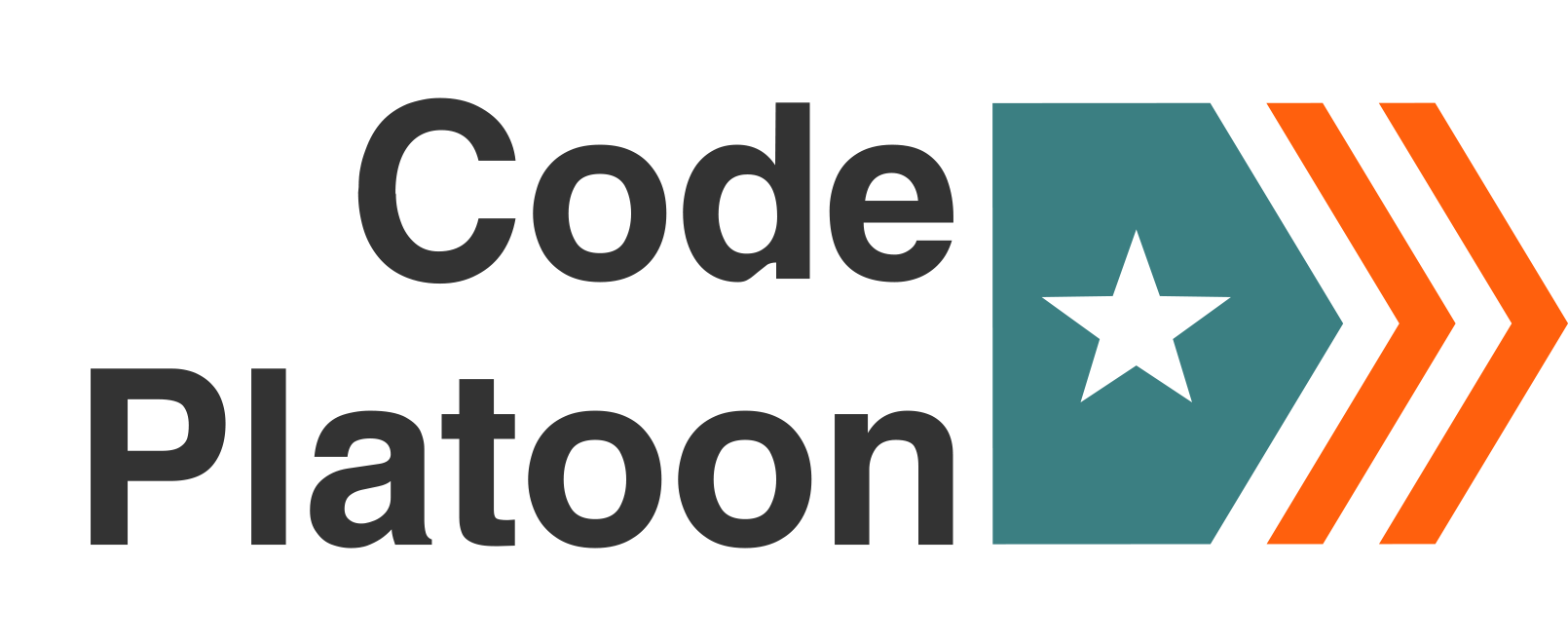
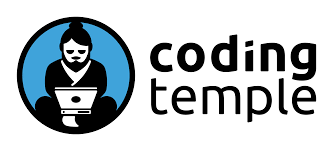
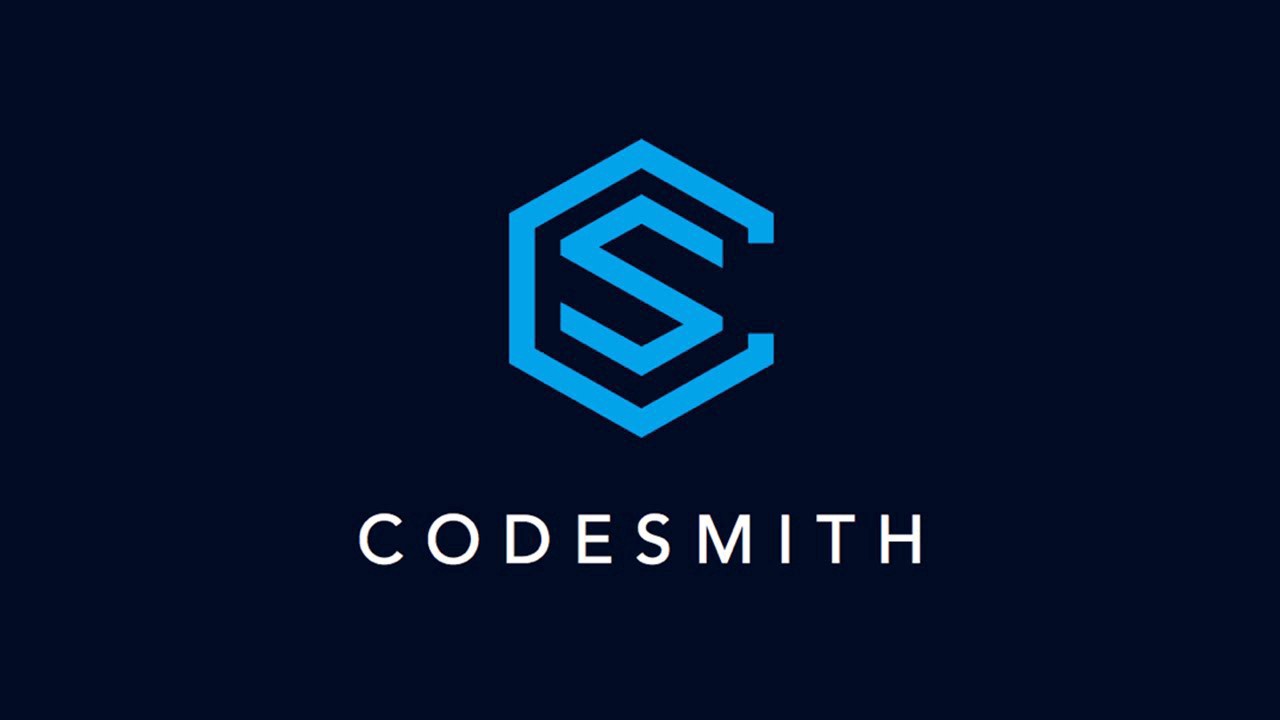





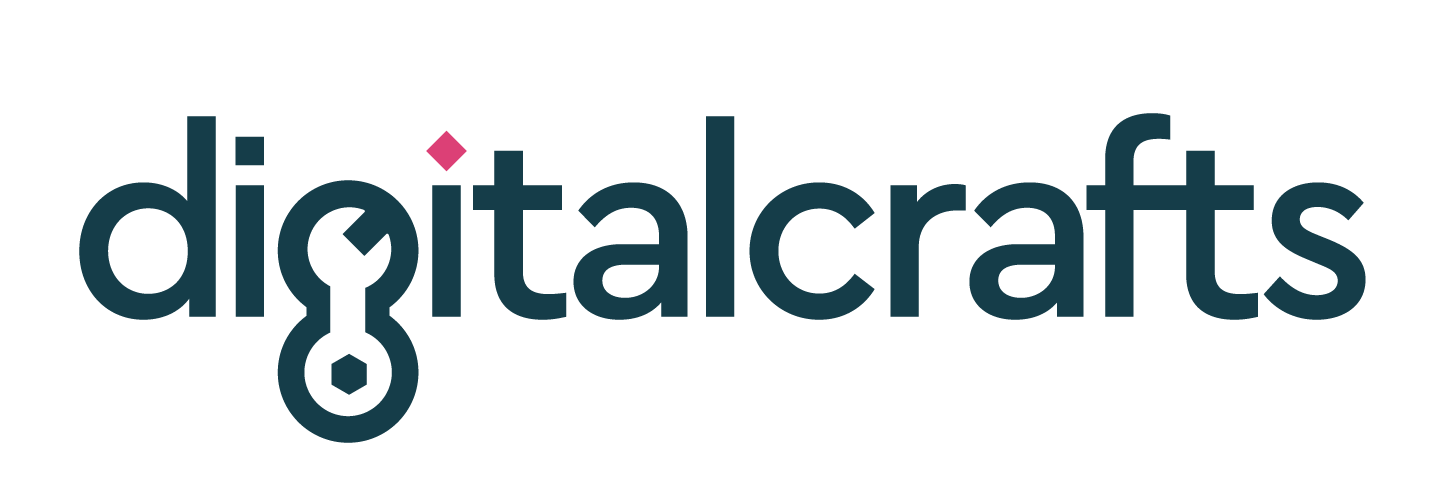




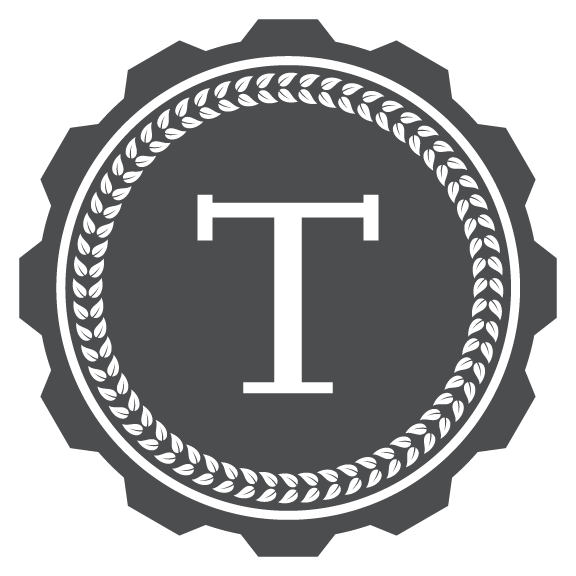


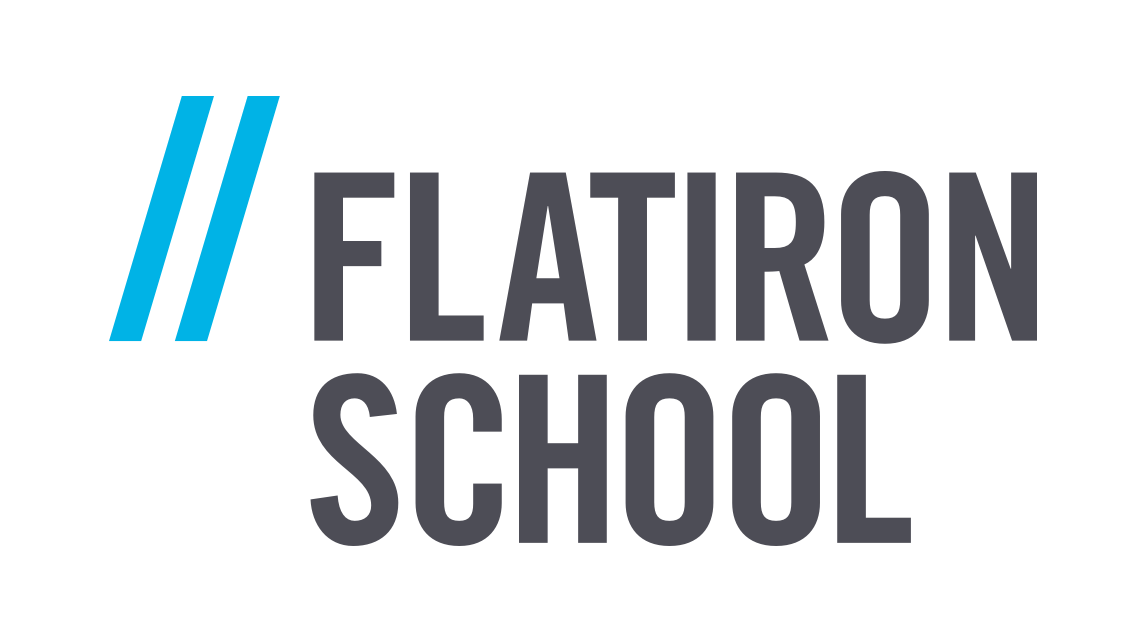

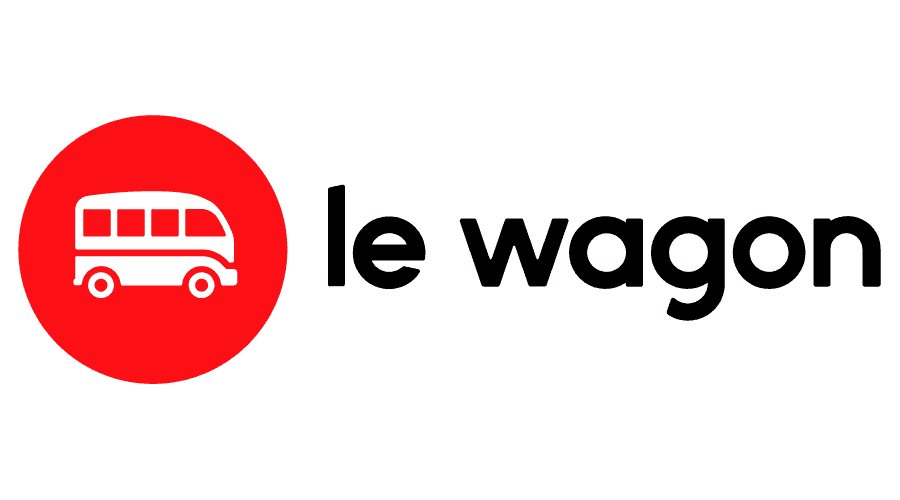

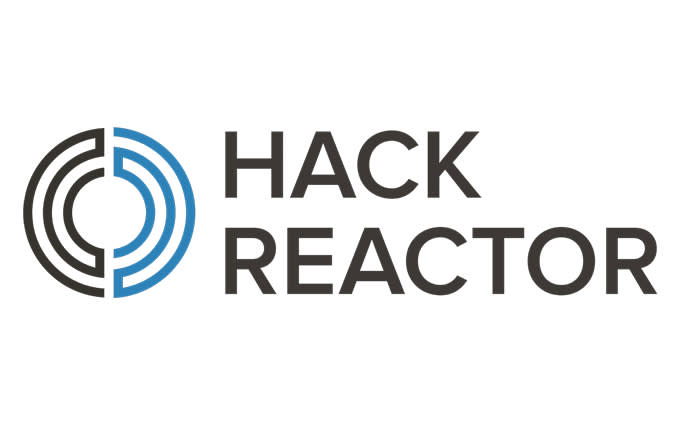


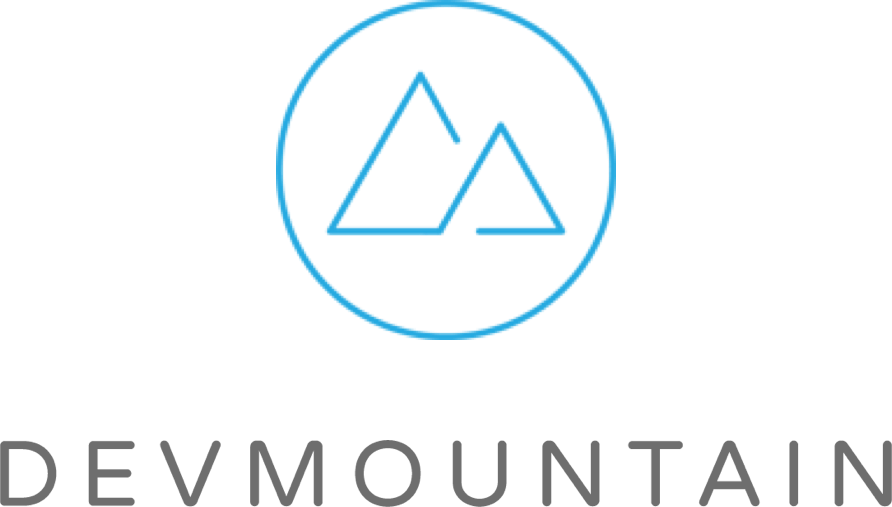
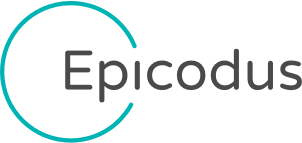







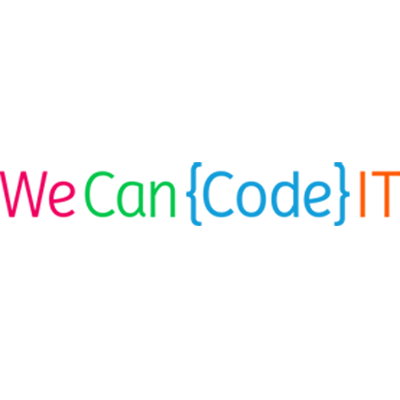



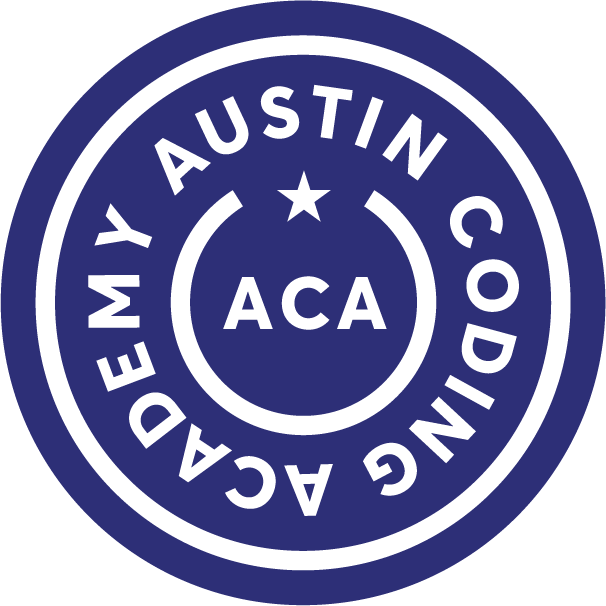


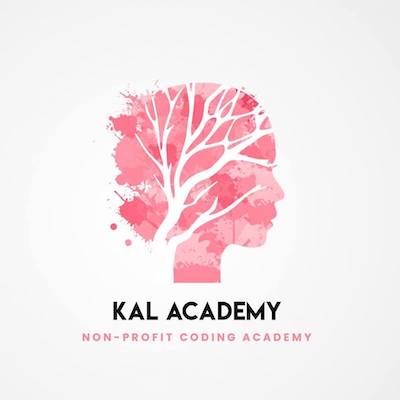
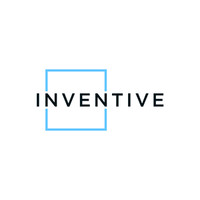

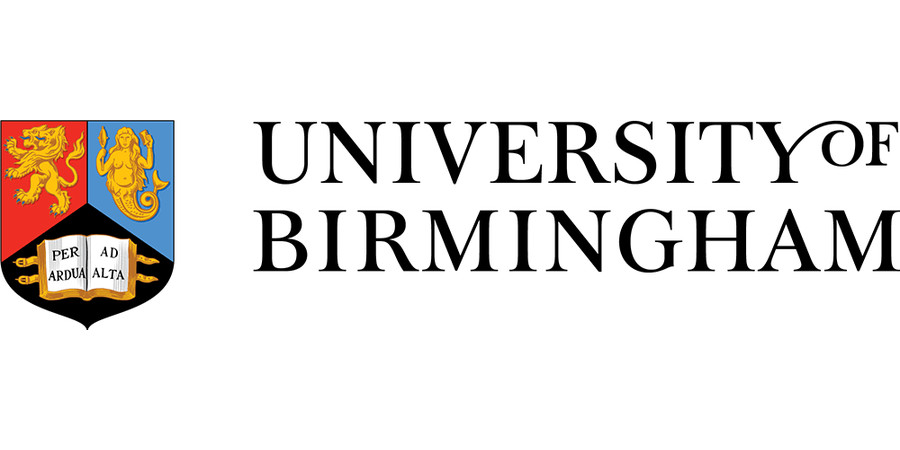

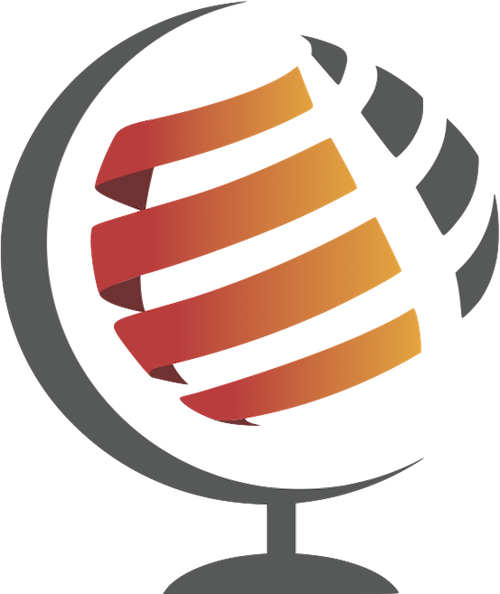

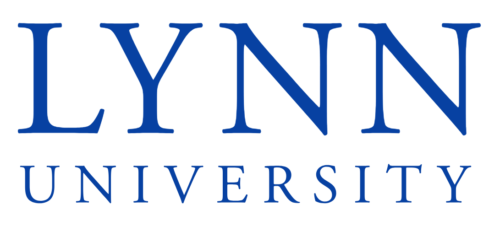
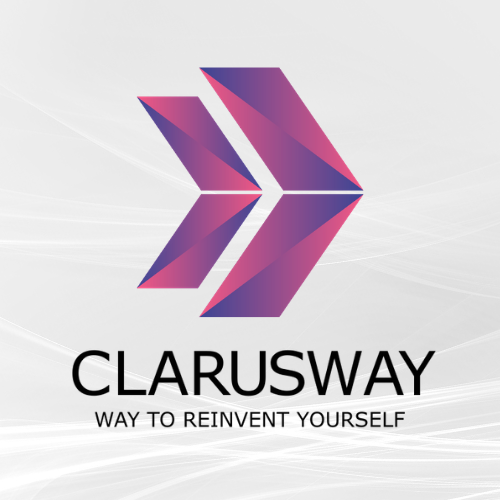

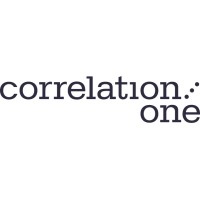
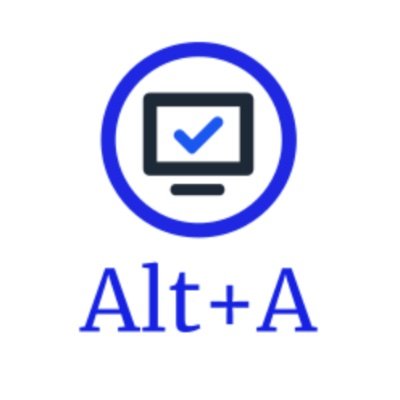




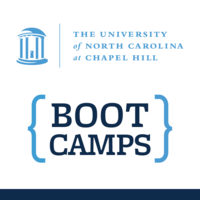
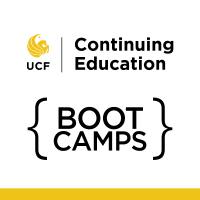


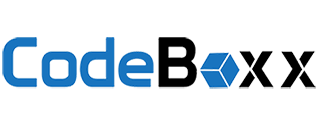
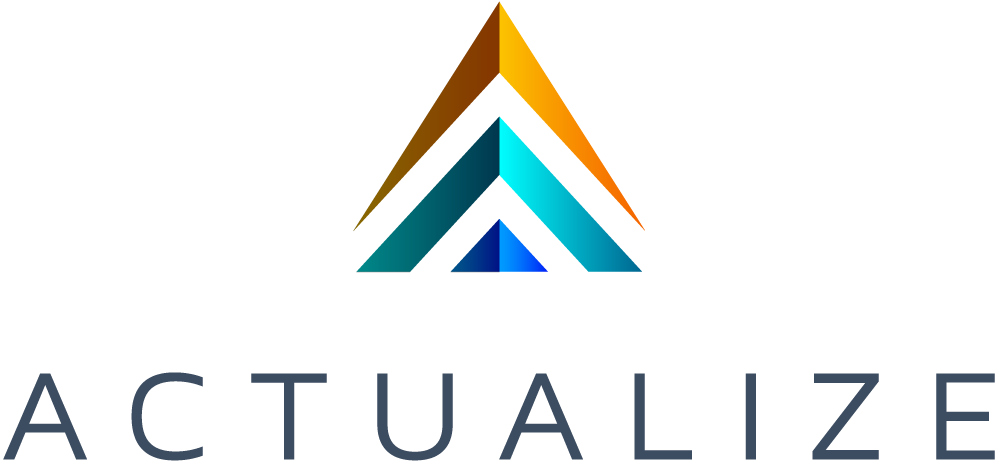


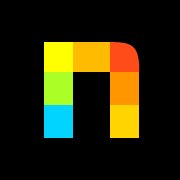






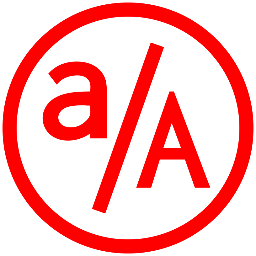
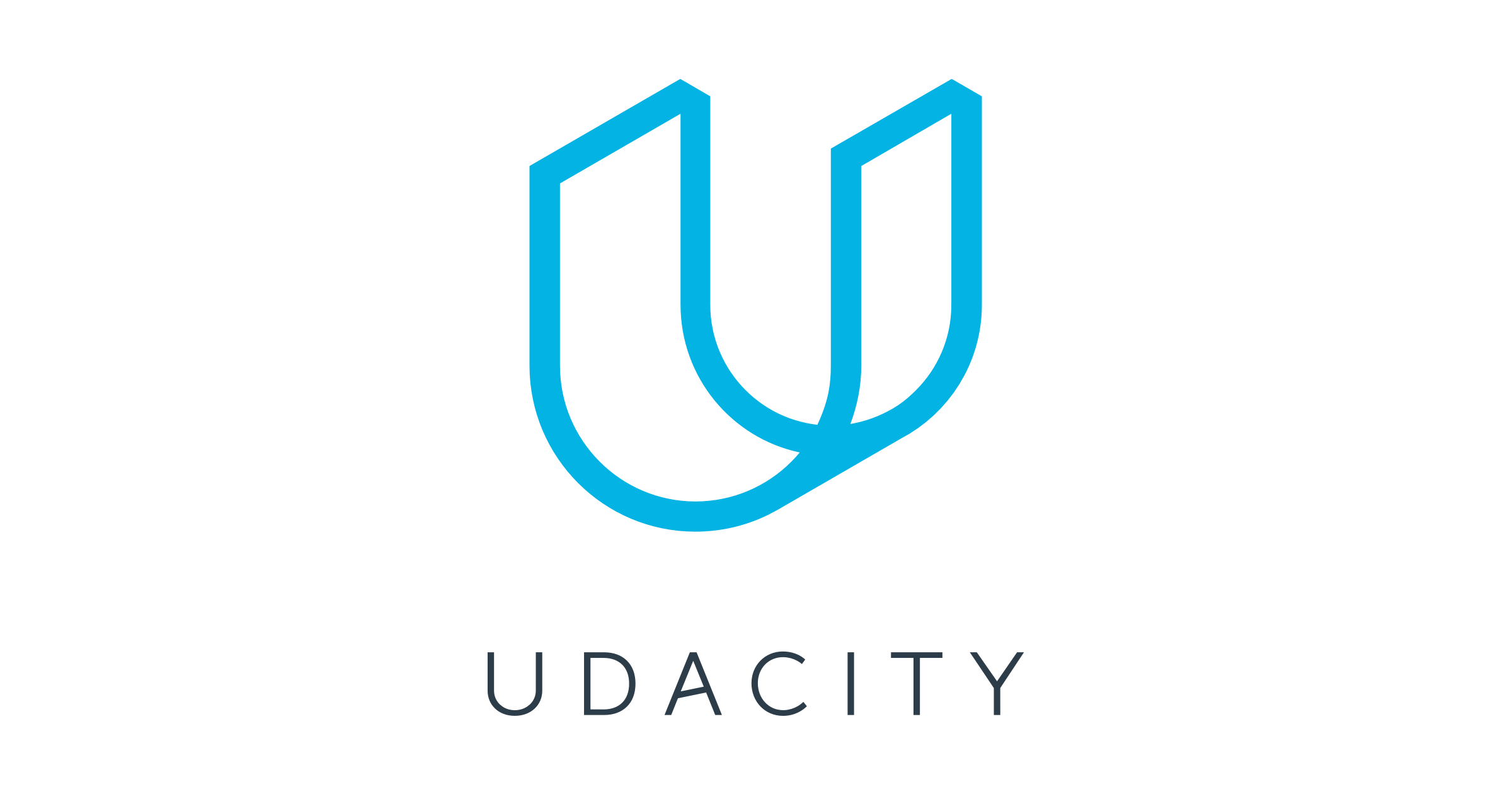


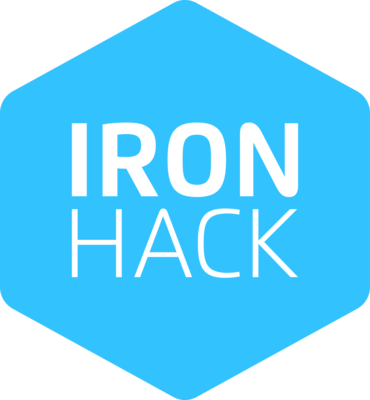
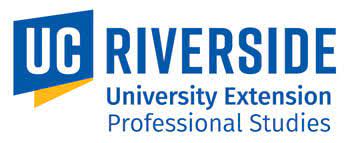
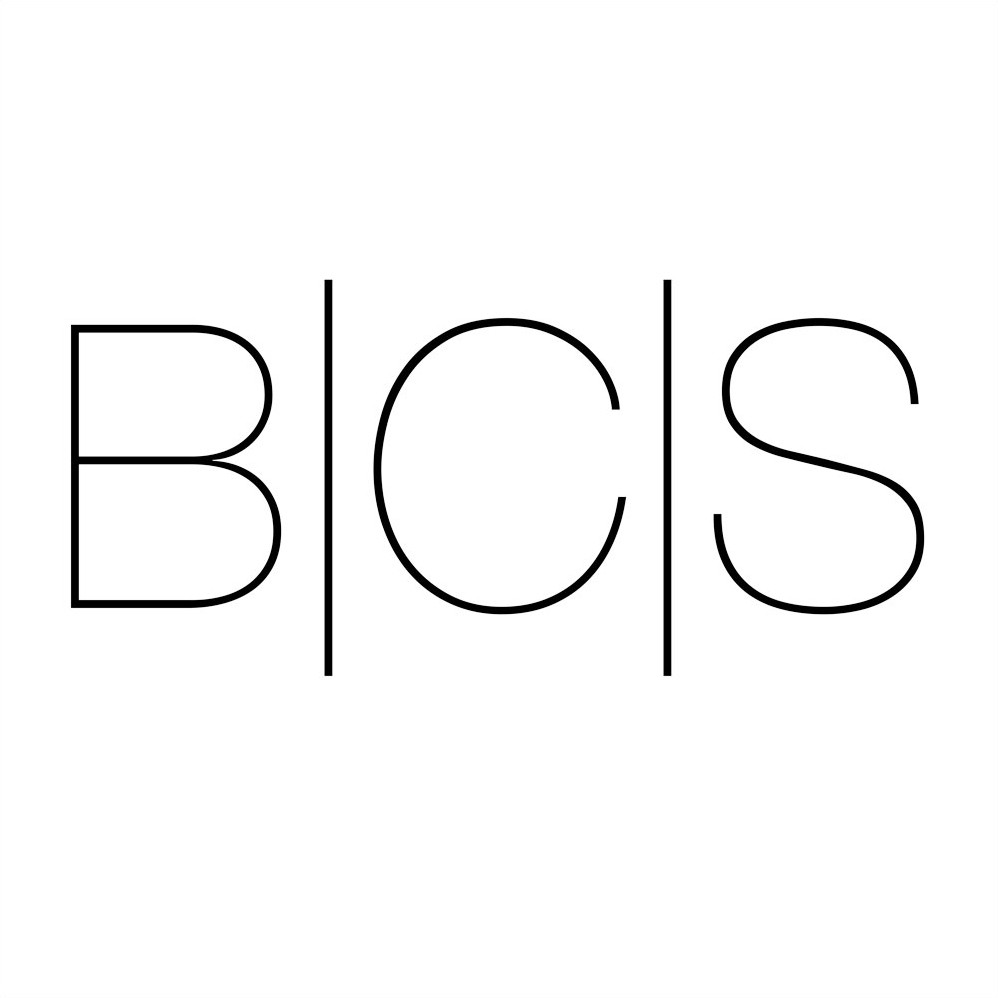
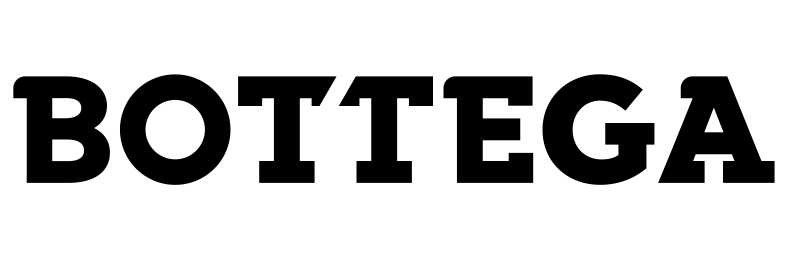


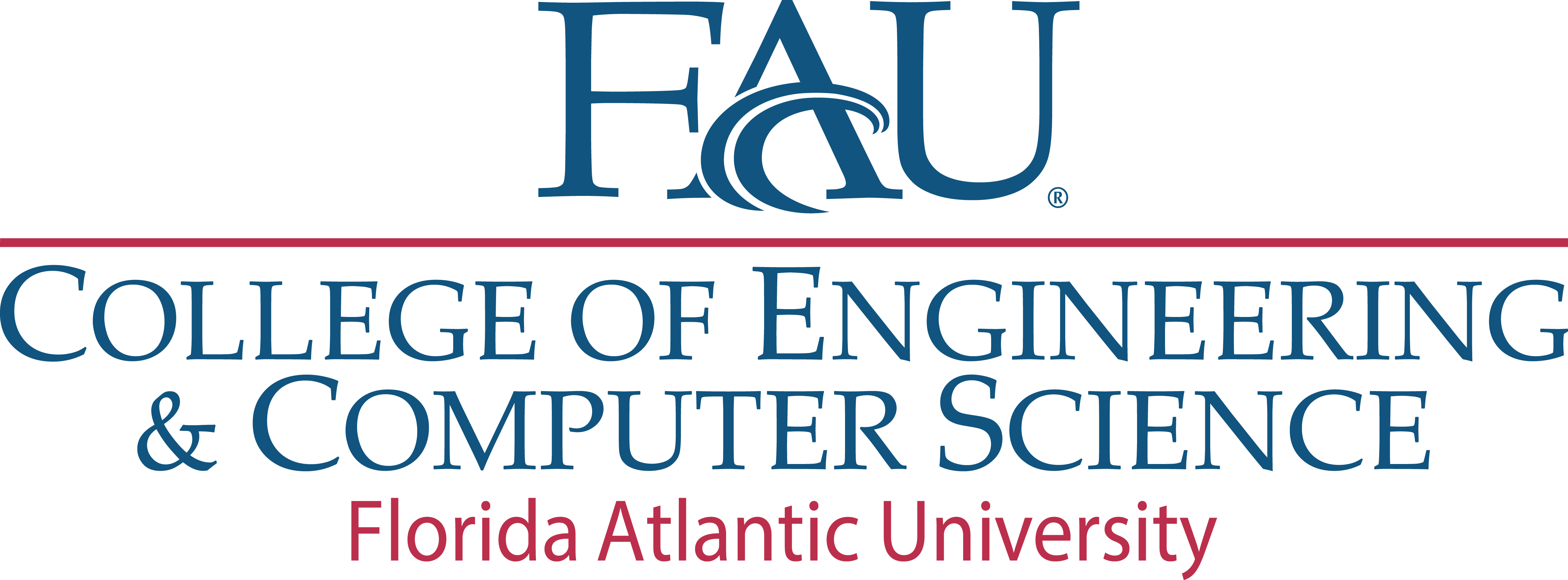

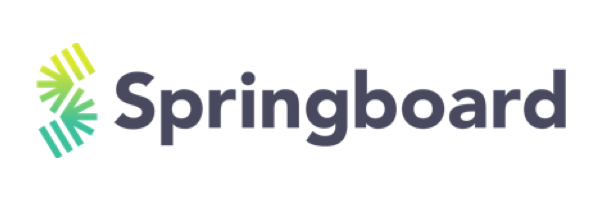


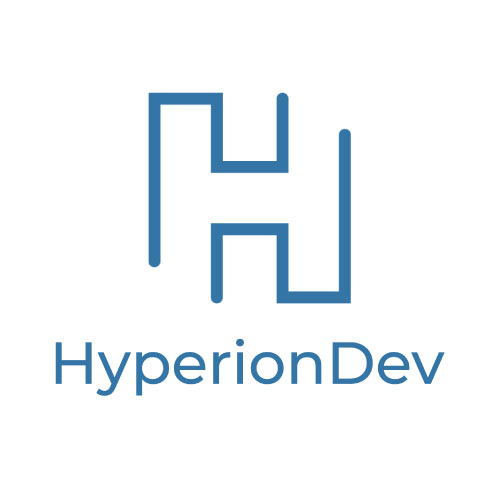

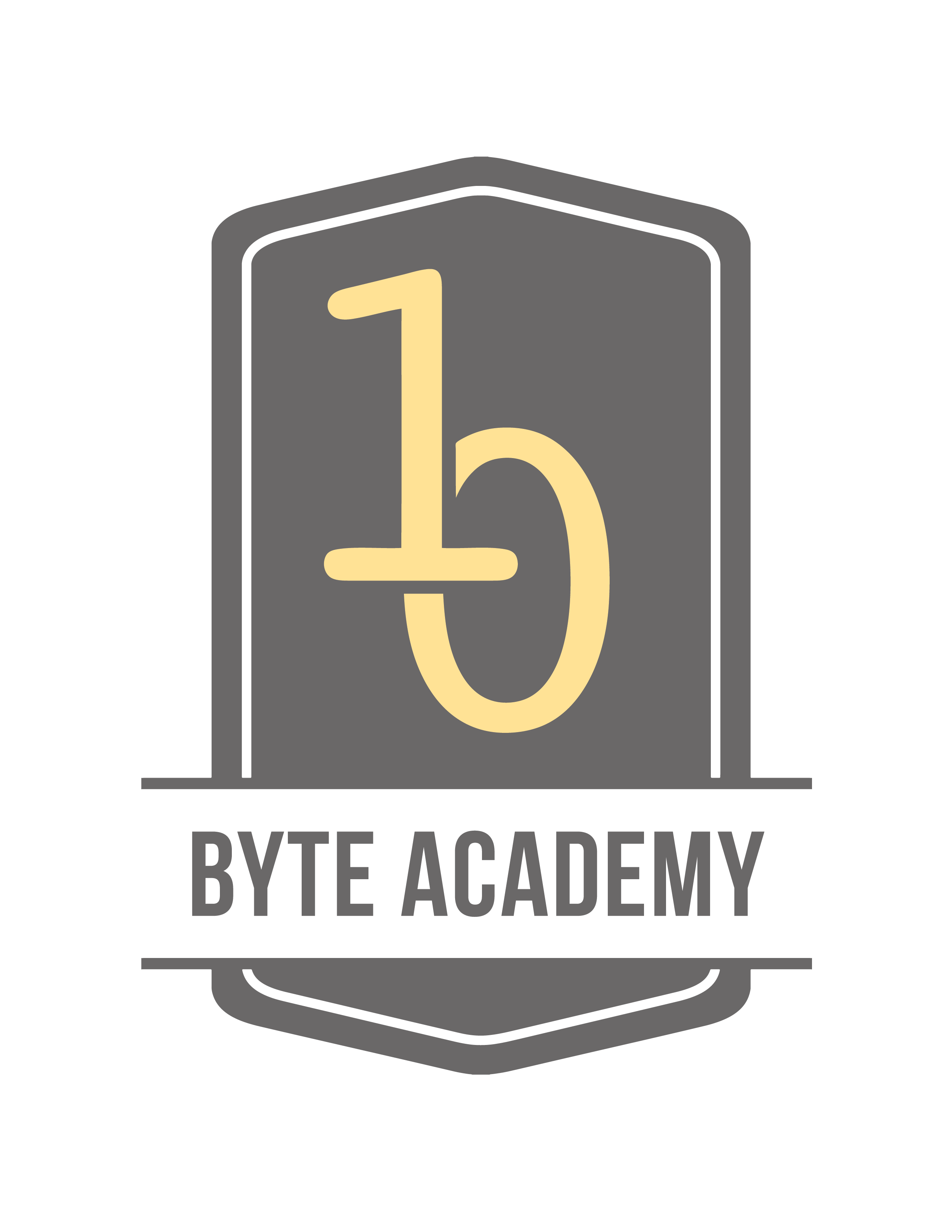




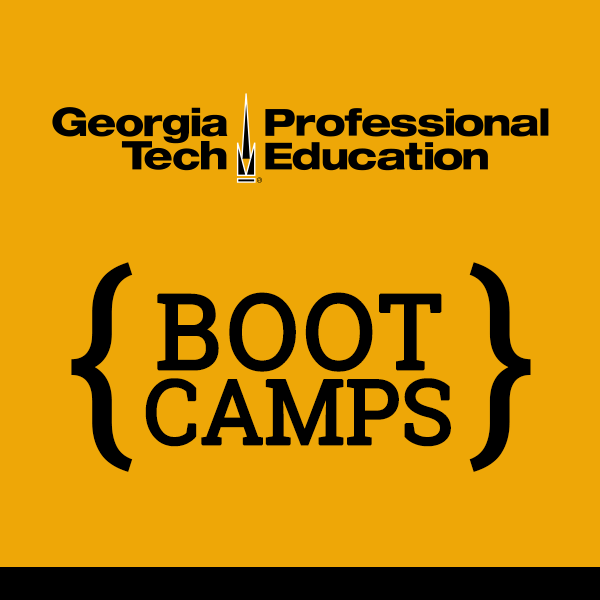


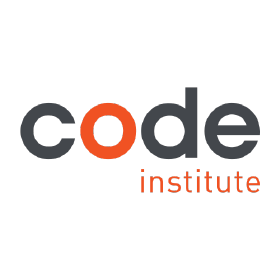



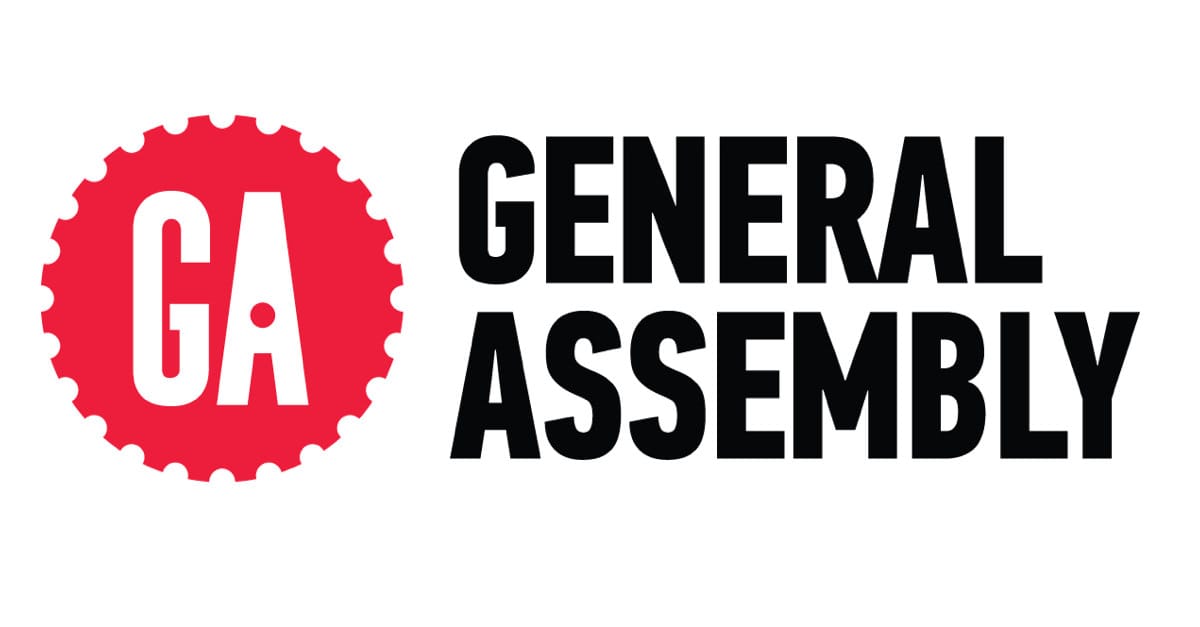
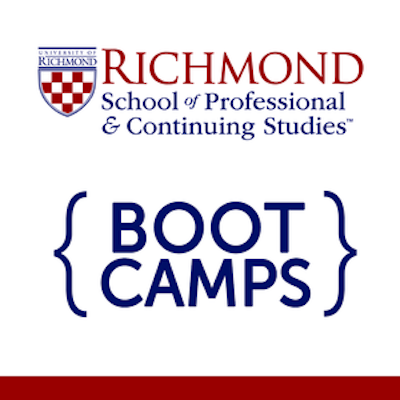
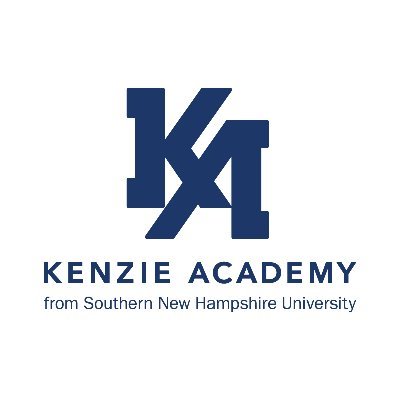


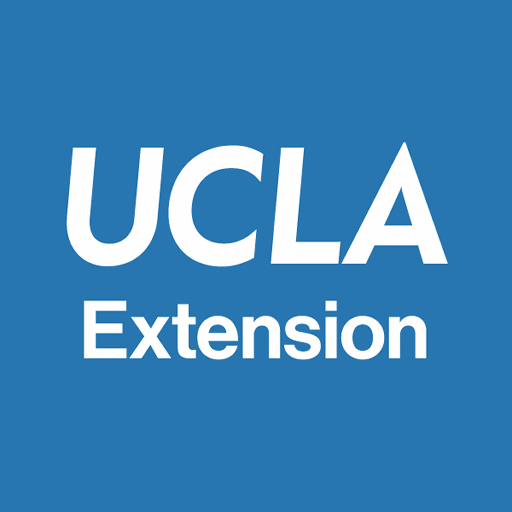
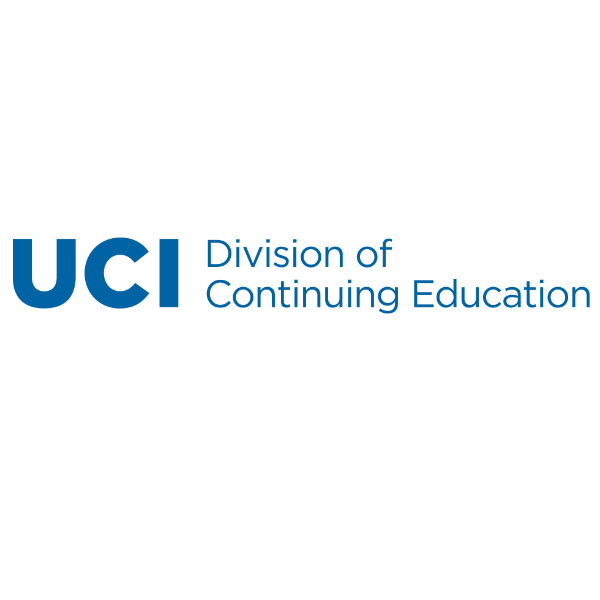




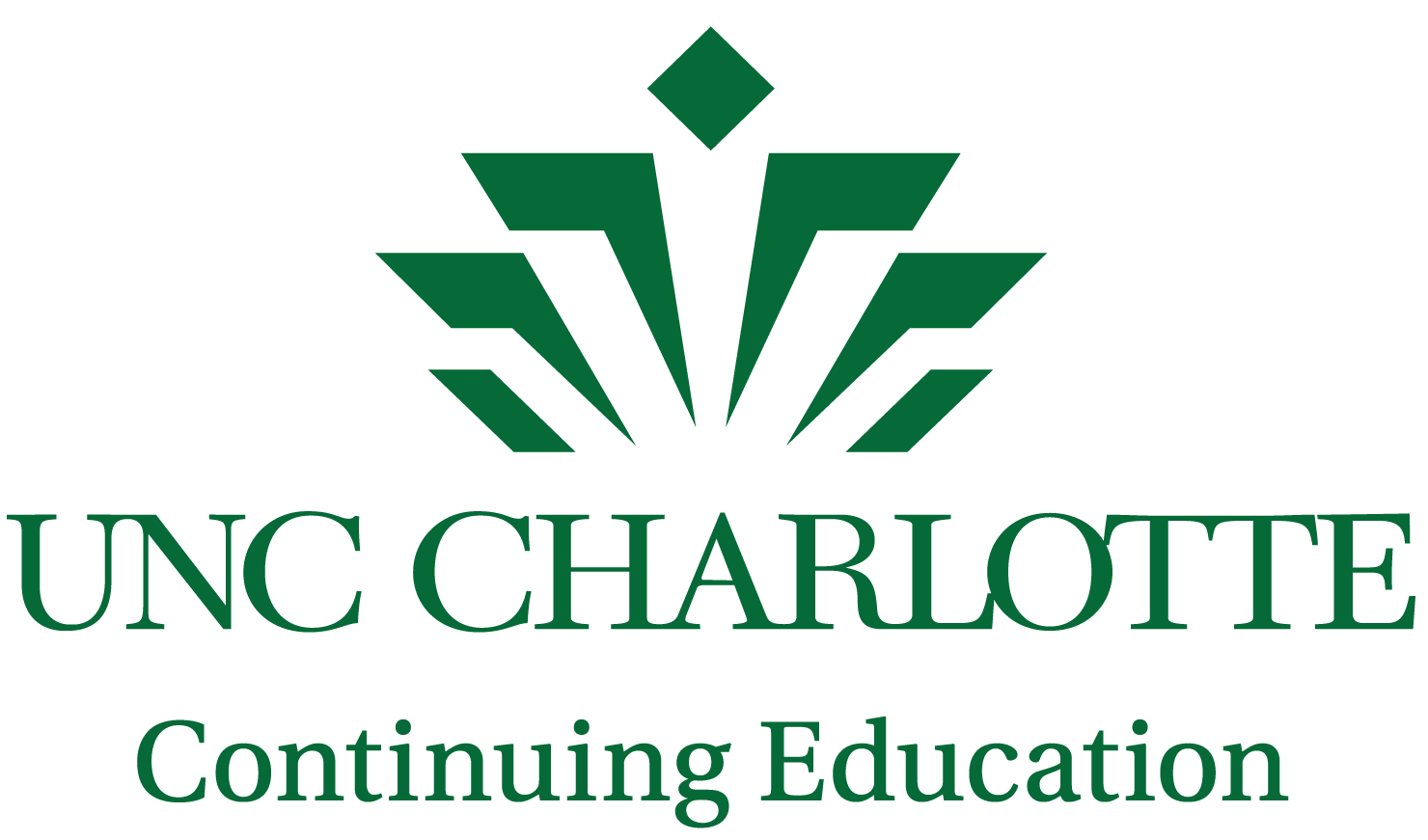



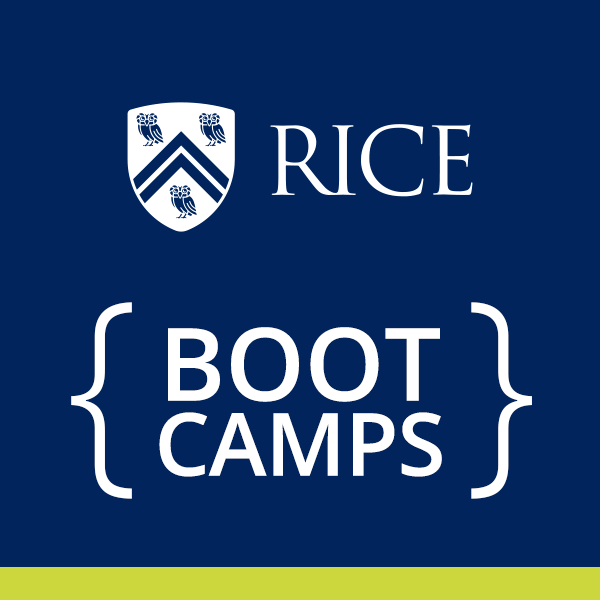

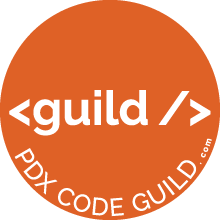

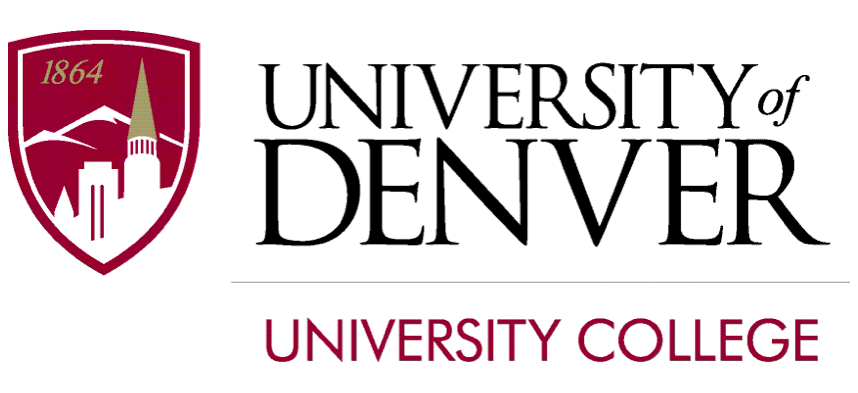

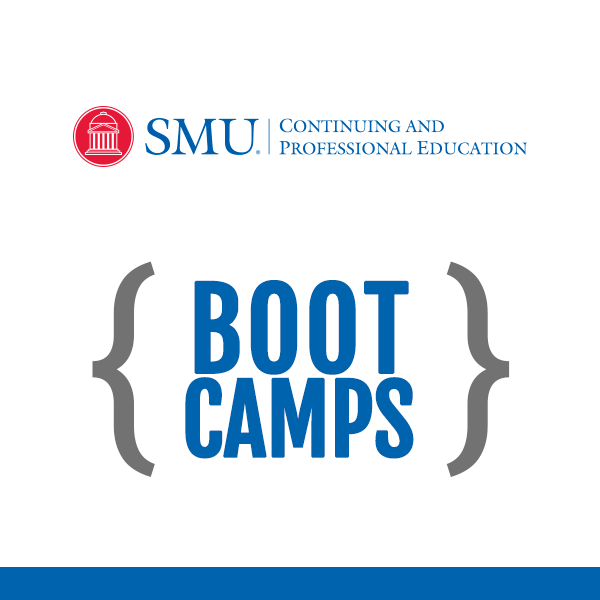
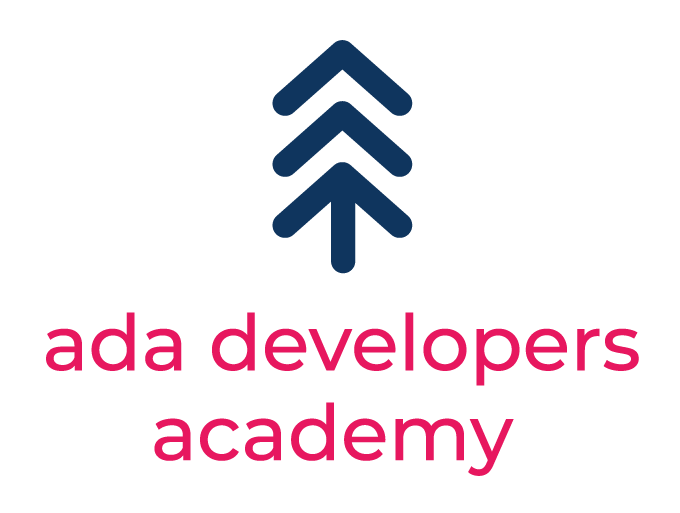
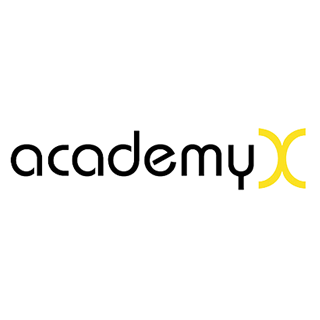
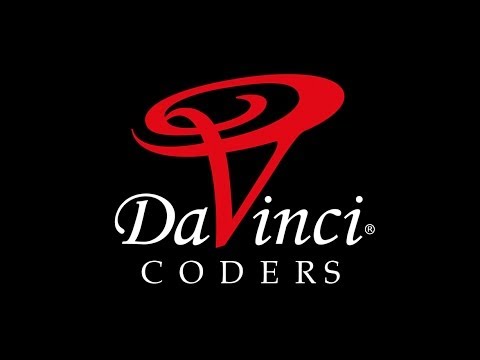


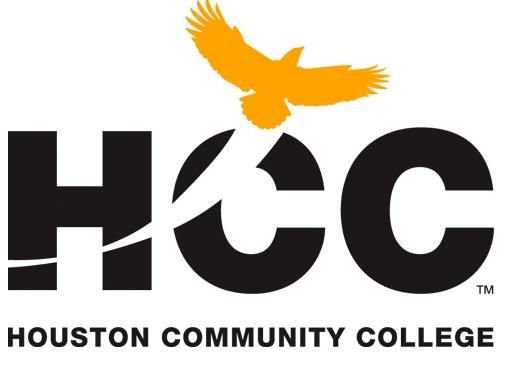
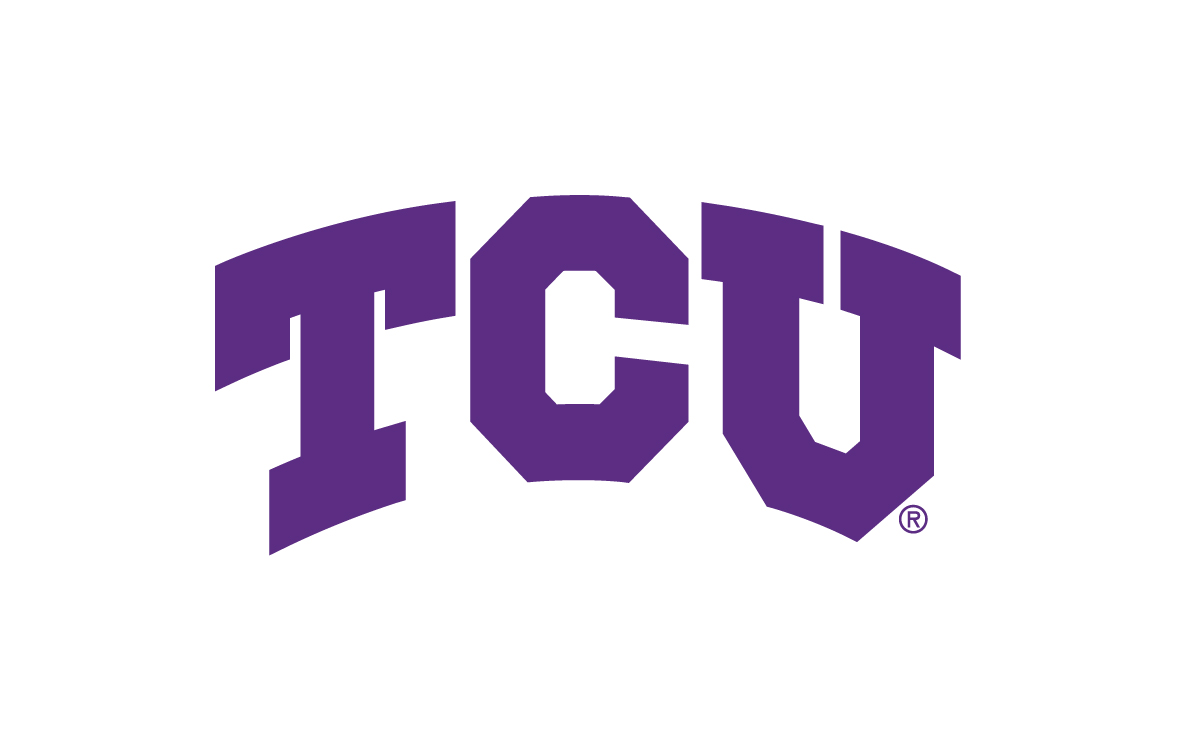

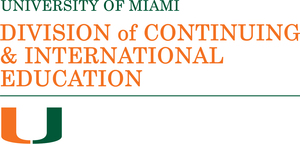

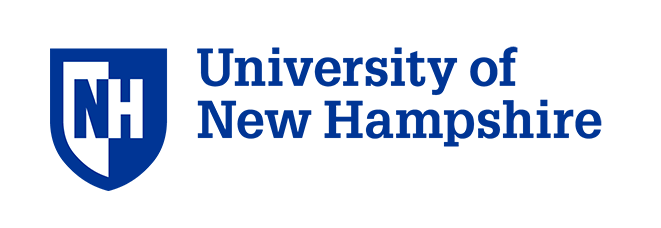
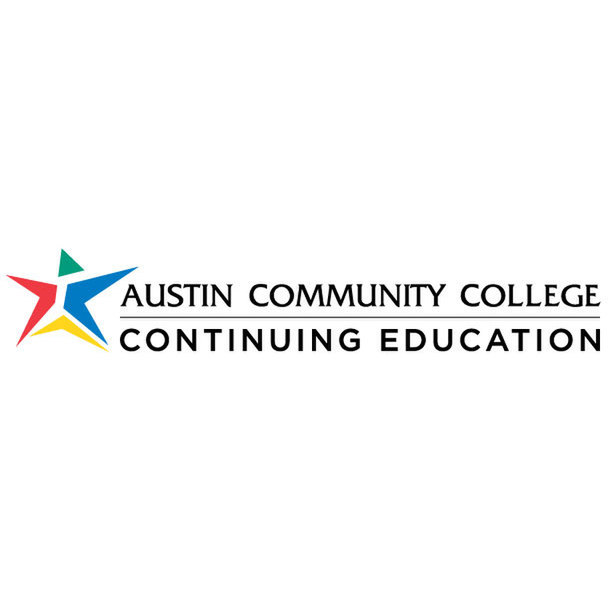



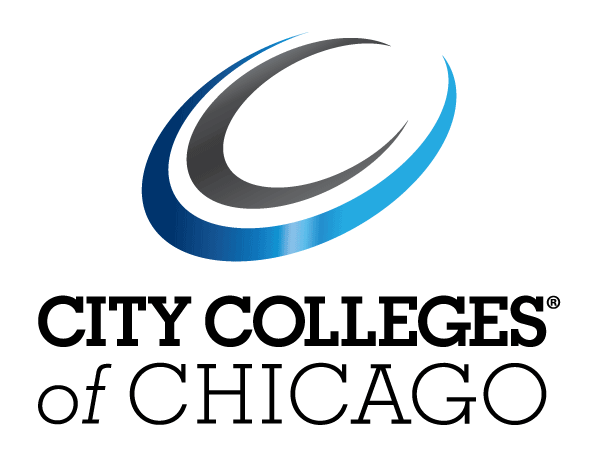
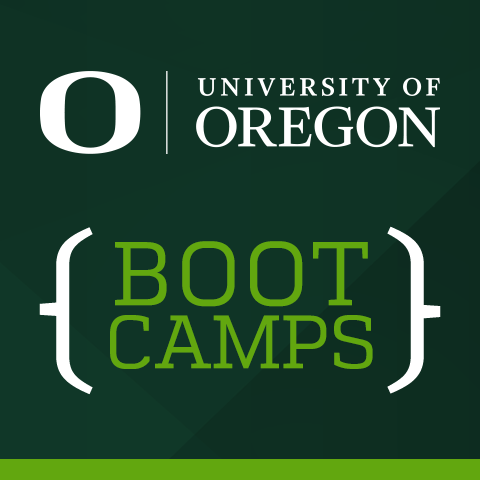



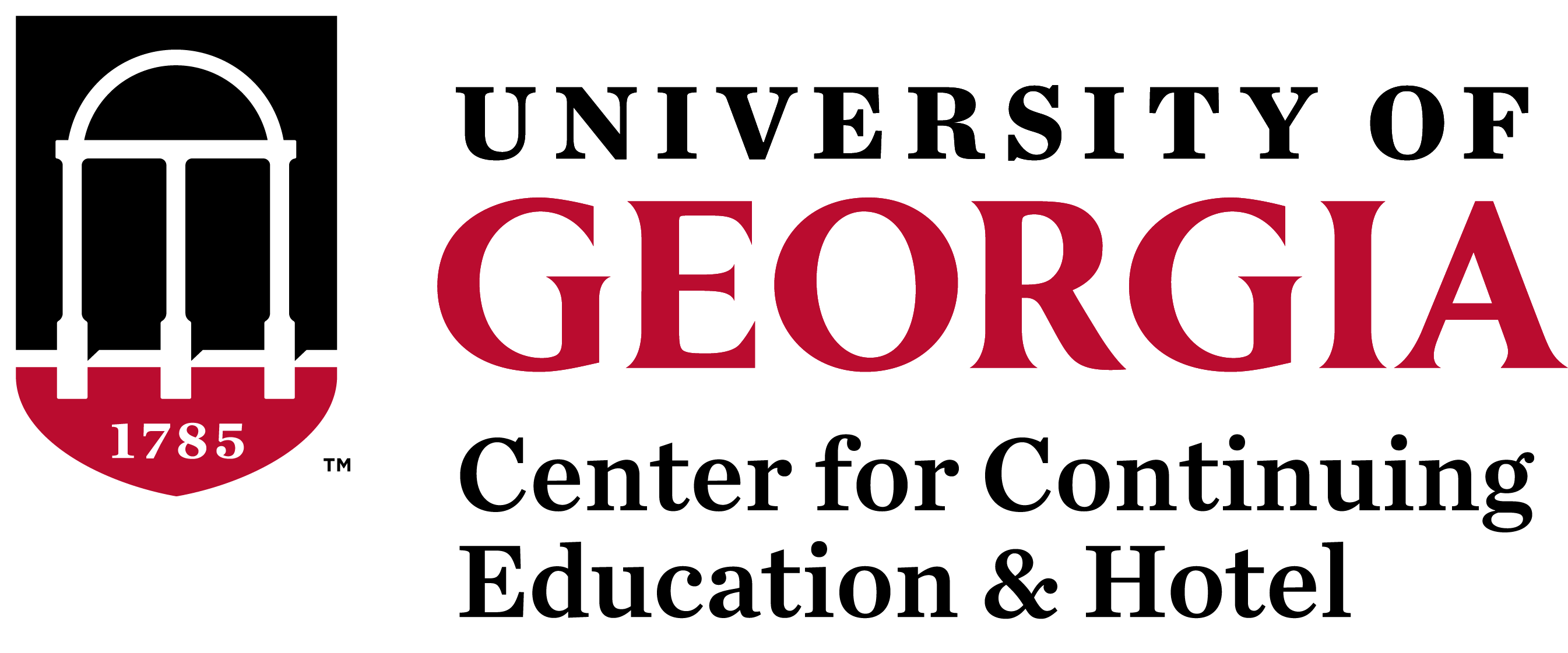

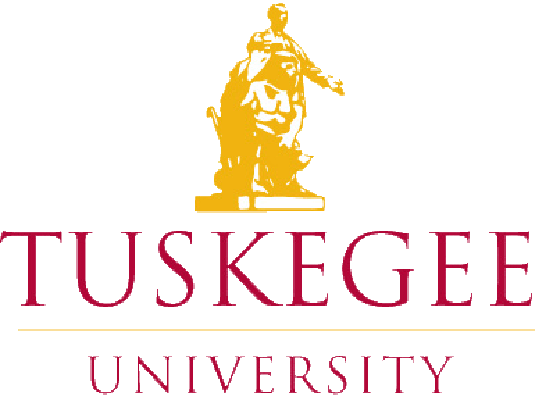










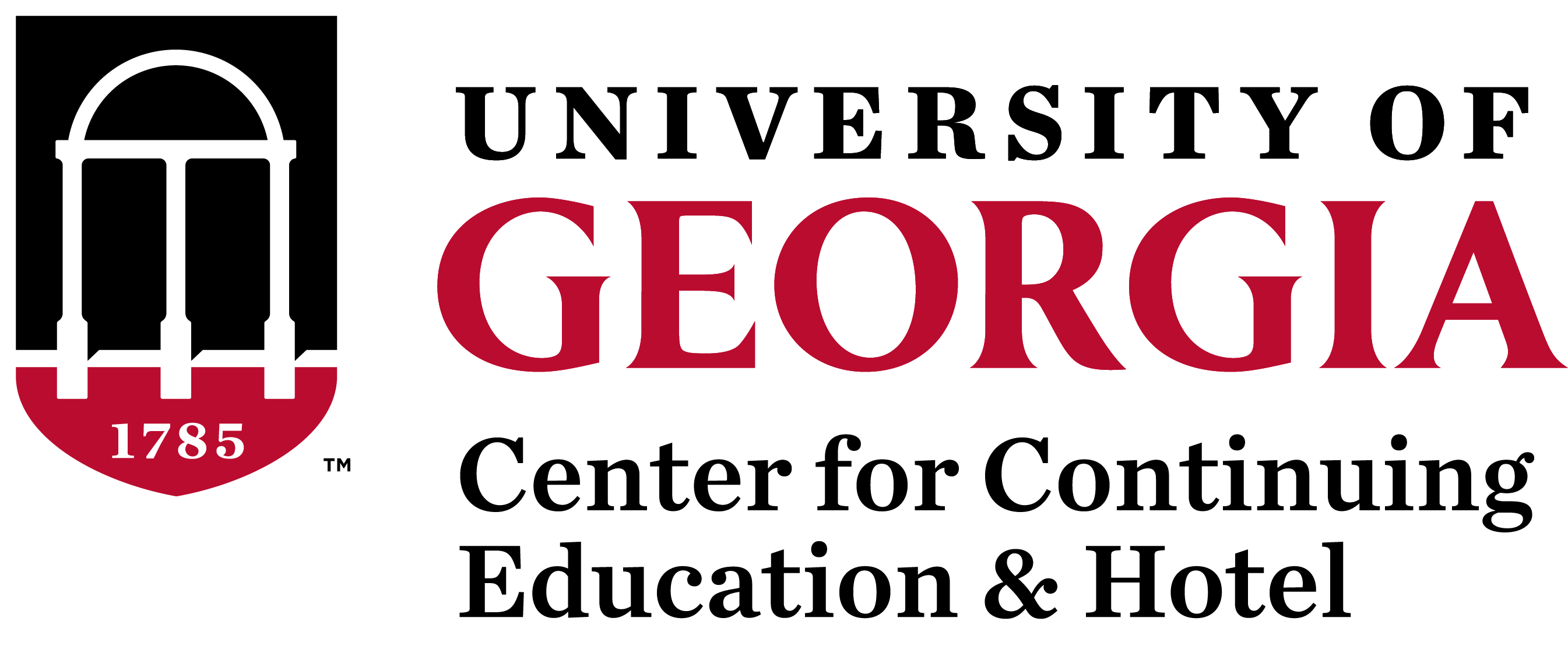




.png?ixlib=vue-2.9.1)











